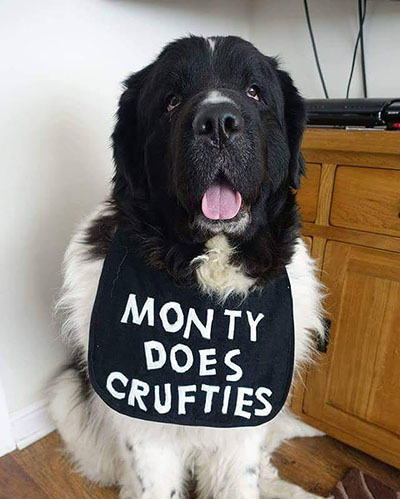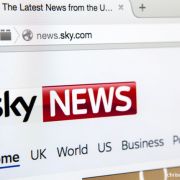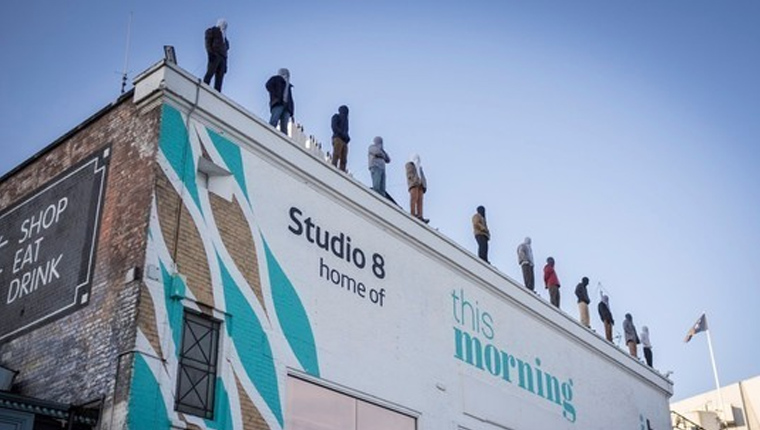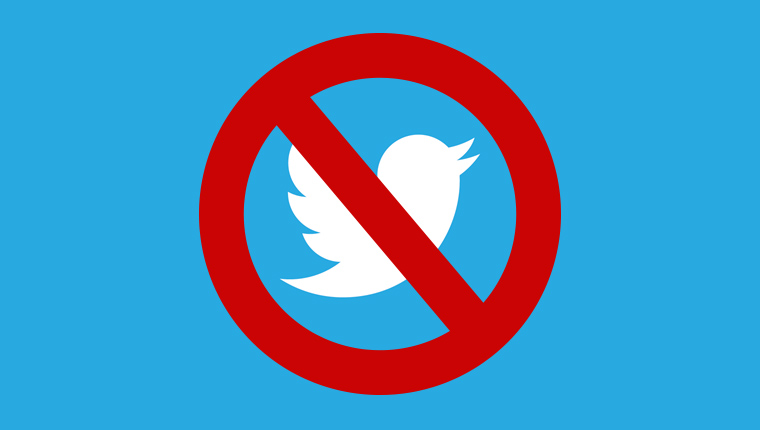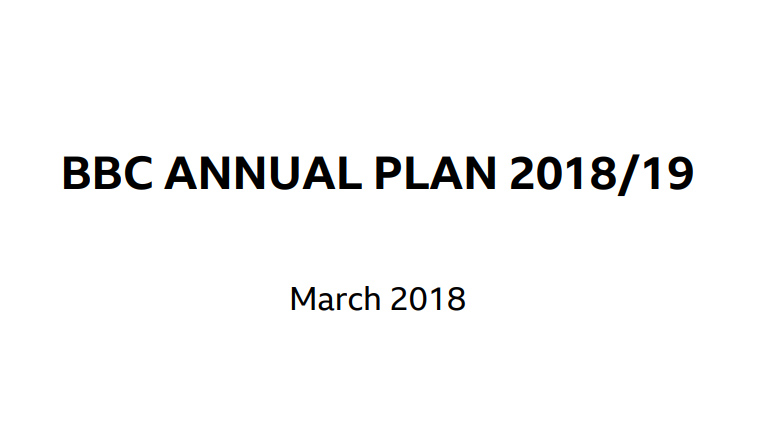Travelling the world with Michael Huxley, Bemused Backpacker
Michael Huxley is an author, nurse and founder of travel blog, the Bemused Backpacker. With hints, tips and advice for travelling the world, particularly those on gap years, Bemused Backpacker has built a loyal following with its stunning destinations and travel reviews.
We spoke to Michael about travel blogging, particularly how he likes to work with PRs and his personal pet peeves when it comes to PR/blogger outreach.
What makes your blog successful?
My audience without a doubt. There are other factors of course: integrity, tenacity and sticking with it for a long period when many others have given up; treating it as a business and not a blog; and trying to differentiate myself from everyone else out there! But I wouldn’t be anywhere without those who read what I write and say every single day. I have built up a lot of trust and a strong relationship with a good core of my regular readers and that just keeps growing.
How easy is it to become a great blogger?
It isn’t. It is easy to start a blog and call yourself a blogger, but there is a vast difference between that and being successful at it.
What’s the best destination for new travellers?
I used to say Thailand, because it was such a traditional go-to backpacker destination with all the traveller infrastructure any backpacker or traveller would ever need, and it still is to a large extent, but now I would say Indonesia too. Or Malaysia. Hell, just south east Asia in general really!

What’s the best destination for seasoned travellers?
Anywhere they haven’t been yet!
Where haven’t you been that you’d still like to visit?
I’m still waiting for that opportunity to trek across Antarctica!
If you could only take three items with you when travelling, what would they be?
My camera, my notepad and a pen. I’m assuming I still get to keep my passport with me!
What should PRs know about you?
That I am not just a travel blogger, I am a professional with a business. I have set – and fair – rates for a variety of marketing services and offer a strong ROI for all of them. And I never work for free, so please don’t ask.
What are you favourites campaigns you’ve been part of?
I have been part of so many good ones it is hard to choose. One of my all-time favourites was the RIGHT tourism campaign with the charity Care For The Wild International. I absolutely loved that because it was a cause that was so close to my heart, and ethical wildlife tourism is something that I still campaign for today.
And I was one of the first bloggers to work on the Trip Of Wonders Campaign with the Indonesian Ministry of Tourism and that was an amazing trip, but I am proud to have worked on it because of how successful it was, and continues to be.
I have worked on many more but those are two that really stand out. At the moment I am currently working alongside Bug Off, a national campaign to promote awareness of insect-borne diseases and how travellers can protect themselves, and as a nurse as well as a blogger that is something I am passionate about too.
What shouldn’t PRs do?
There are so many things that PRs do that immediately get bloggers backs up (I am sure there are just as many unprofessional bloggers who do the same for PRs) and I could create a very long list, things like spamming us with endless and largely irrelevant press releases (we are not traditional journalists who need copy and it is not our job to report news/product info in that way); sending irrelevant mass phishing emails (we really don’t care if the initial email isn’t personalised, we understand that you need to send it out to a lot of people but at the very least do a little research. My travel blog is not going to be interested in a fashion show in London or a book on how to cook the plants in your garden!); moving jobs and disappearing halfway through a campaign; approaching us for campaigns and then never responding when we answer back; or getting snarky when we ask for payment and trying to tell us how to do what we do.
And please recognise that our websites are our websites. We are very careful about what we put on there, what we link to and we control how things work. We don’t care if the brand has a list of demands and expects their logo to be front and centre on our homepage; we decide what services we offer and how we execute those services. Our readers trust us, we do not give that influence up easily, and we know how to market to them, so please trust us to do that.
But the primary thing is do not approach us without a strong budget in place to pay us (we know there is a budget in place, that is how you are getting paid, you or the brand just don’t want to allocate any of it to bloggers), and do not expect us to work for free. Or tell us any part of our hard work is at ‘no cost to us’.
Many professional blogs are run as businesses now, mine included, and we expect to be treated as such. Bloggers are experts in what we do, we have built up strong and highly engaged audiences (in many cases as large as a lot of traditional media and in many more cases a lot more targeted with higher reach and engagement), we know exactly how to market to that audience and can give a strong ROI for any brand that we work with. The blogging world IS changing and this is becoming the norm. The freebie grabbing hobby bloggers will always be around but ask yourself what value are you really getting from them?
And please just show us a little respect too. We are the ones at the end of the day that you need to complete the brief from your clients. You know the power of influencer marketing, you know the reach we have and just how powerful a marketing force we can be for the brands you work with, so respect that. Bloggers want to work with you and brands alike, so please build up relationships with us, develop those relationships, and work with us to promote your clients.
What do you call yourself (blogger/influencer/content creator)?
I call myself the founder of a travel website/business. I hate the term influencer (if you have to call yourself one you probably aren’t), but do use blogger occasionally, especially within the industry because that is just a widely recognised and easily generic term. But to be honest I don’t think any of those labels describe fully what professional ‘bloggers’ are any more.
What other blogs do you read?
I read so many blogs from a whole range of different genres and interests, but sticking to travel blogs I read Teacake Travels, TravelBreak and Nomadic Boys amongst many, many others.
Mike Huxley and his blog Bemused Backpacker are both listings on the Vuelio Database, and include detailed requests for how he likes to be contacted by PRs.









